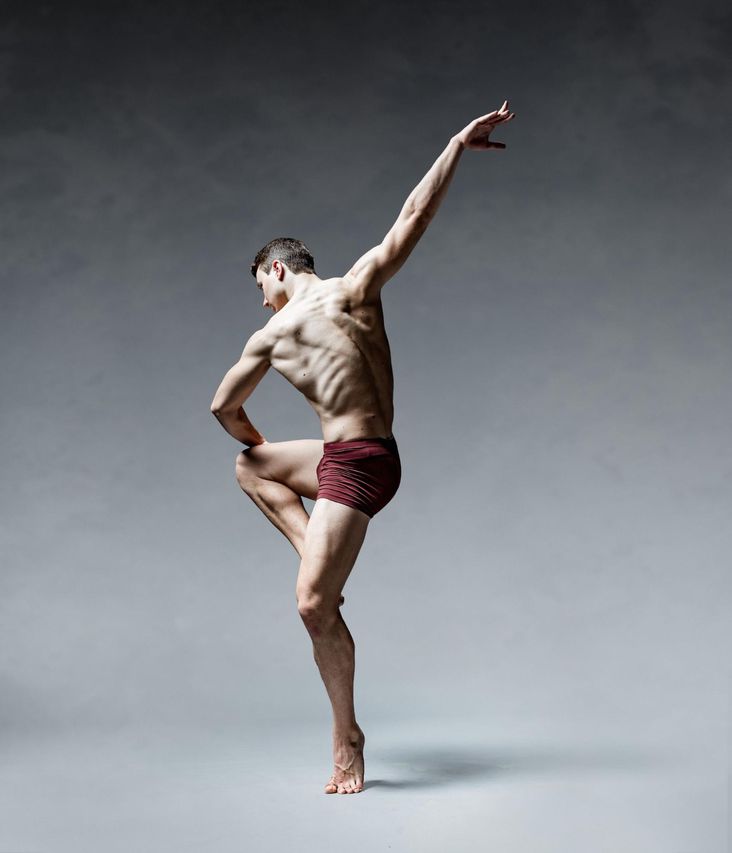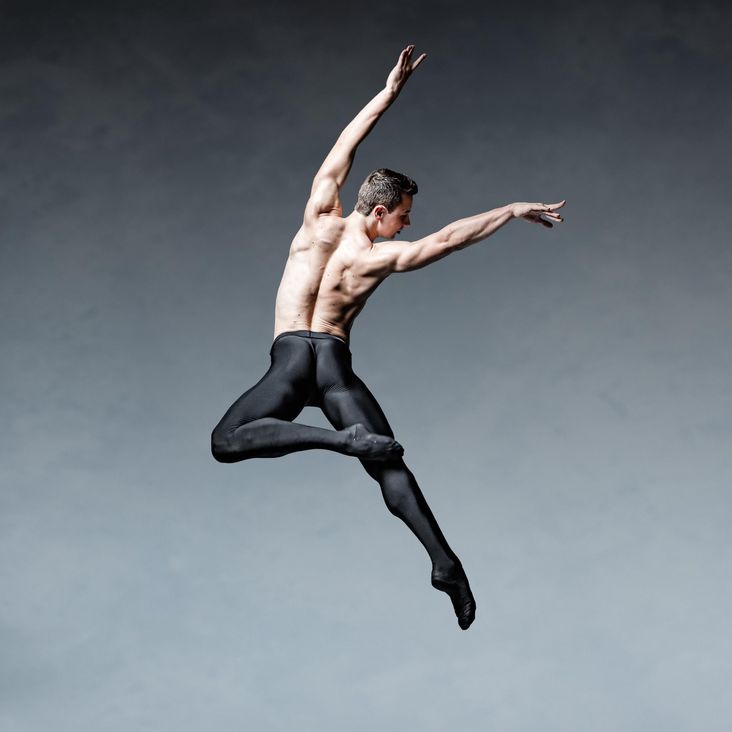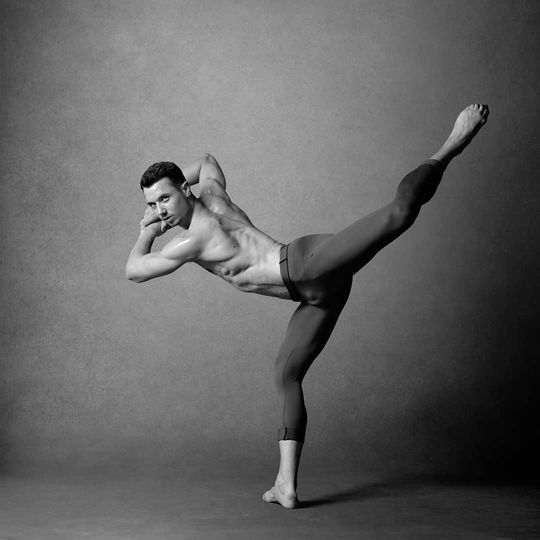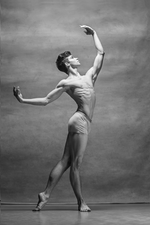Mastering Focus With Professional Dancer Enno Kleinehanding
Aug 20, 2023 by Vreny Blanco · 6 min read · Interviews, Focus

Have you ever wondered how professional dancers manage to be so disciplined, eat healthy, and exercise regularly? It takes more than willpower to achieve success! That’s why I asked the fascinating professional dancer Enno Kleinehanding for his advice on focus and concentration.
Enno began dancing at the age of five and refined his skills for nine years at the prestigious Berlin Ballet School. He was most recently a member of Les Grands Ballets Canadiens in Montreal and is currently a freelance dancer. His creativity, charisma, and passion for the art are inspiring.
In this exclusive interview, part of our series Ask the Expert, Enno shares his strategies for increasing focus, fighting distractions, and overcoming challenges. Here, you’ll learn firsthand how he combines his passion for dance with discipline, routine, and self-care to achieve success on stage and in his personal life.
Tell us something about yourself.
My name is Enno; I am 26 years old and a freelance dancer in Berlin. Until June this year, I lived in Montreal and worked for the ballet company “Les Grands Ballets Canadiens”.
What helps you stay focused and productive?
I like to have a specific routine; it gives me security and calms me down. Above all, a good preparation for the day. Also, before demanding presentations, I really like to do breathing exercises and stretches to help me concentrate.
How do you avoid distractions?
I like to listen to music to prepare myself before the show.
My headphones have a noise-canceling feature that helps me stay focused on myself and isolate myself from the outside world.
In what environment do you concentrate best?
The best for me is a dark corner backstage. Sometimes I also visualize the choreography and stage routes.
Do certain routines help you?
Yes, I am definitely a routine person, and I need a clear and specific order, especially in the morning, to start the day well.
Are diet and concentration related?
A lot. Before the show, I pay more attention to when and what I eat in order to have enough energy to be able to concentrate during the performance and, at the same time, not to feel too full and tired.
How are sports and concentration related?
In any high-performance sport, you need tremendous concentration and focus to perform efficiently without getting hurt.
What gets you into the flow state?
Breathing exercises, slow, almost meditative stretching, warm-up exercises, and music.
How do you manage to work when you are unmotivated?
I take a lot more time to prepare because I know my body needs a little more on those days. Sometimes I just give in to inertia and try to use that energy. Sometimes I dance even better when I use less energy and don’t overthink.

How do you overcome doubts and fears on stage?
I remind myself that it’s “just” dance, that it’s a privilege to be on stage and to be paid for it. I also think that the audience doesn’t necessarily perceive small technical mistakes as disturbing but rather the energy and presence of the dancers throughout the show. So in those moments, I try to perform with extra passion and enthusiasm to distract from the technical difficulties.
How did you become so disciplined?
Through nine years at the ballet school in Berlin.
What sacrifices have you made to achieve your success?
I had extremely long and hard school and work days as a ballet dancer and very little free time. I also left home when I was very young and usually worked during vacations. My body also suffered a lot over the years and the pay as a ballet dancer is not very good.
Now that I work independently, my life has changed a bit; I perform less often and pay more attention to my body’s needs. Also, my personal life has more time and priority.
What do you do to recover?
My favorite artistic activities are pottery, painting, and drawing. It’s an excellent way to escape my daily routine as a dancer. I often forget the time, and my body can recover.
How long do you sleep?
I need 7 to 8 hours of sleep to really feel rested.
How do you deal with stress?
With breathing exercises and a lot of daily discipline with sleep and food. That way, I feel in control even in stressful situations.
When do you come up with your best ideas?
That varies a lot: alone in the studio with music, while talking with friends, on long train rides or walks, and sometimes at celebrations.
Is there an experience that has permanently changed your life?
A few experiences have permanently changed my life, but the first thing that comes to mind is the pandemic. For the first time, I had a more extended break from ballet and was able to recover from the time in school. During this period, I got to know myself a lot better, I understood many things about life, and my priorities changed.
What do you think is the key to success?
I think a good recipe for success is a combination of passion, discipline and talent. Of course, privilege and a good support system also play an important role.
I think a good recipe for success is a combination of passion, discipline and talent.

Further Reading
Inspired by our interview with professional dancer Enno Kleinehanding, we’ve crafted a concise summary highlighting key ideas and tips to enhance your focus and discipline. Check it out: Mastering Focus and Discipline for Peak Performance.
Discover how to subscribe to the 1Focus Blog RSS feed and never miss out on essential productivity tips. Add it to your podcast app or feed reader for instant updates.
Acknowledgements
We express our sincere gratitude to the talented professional dancer Enno Kleinehanding, whose inspiring ideas have been a remarkable enrichment to our series of articles Ask the Expert.


